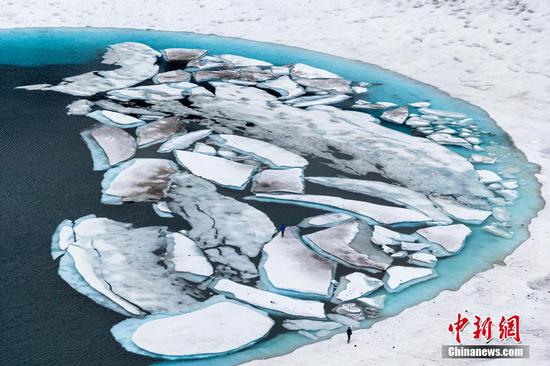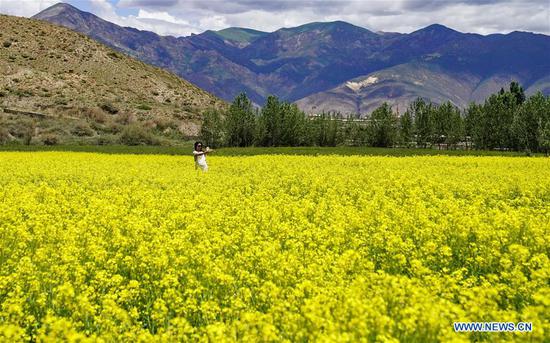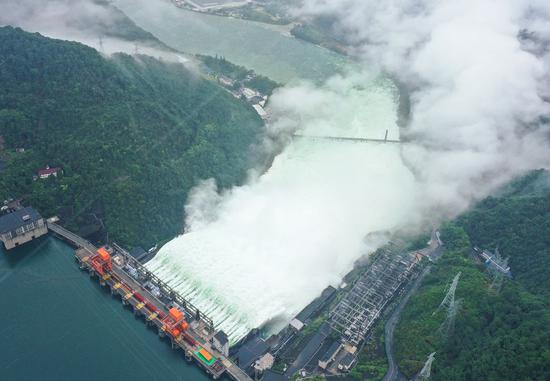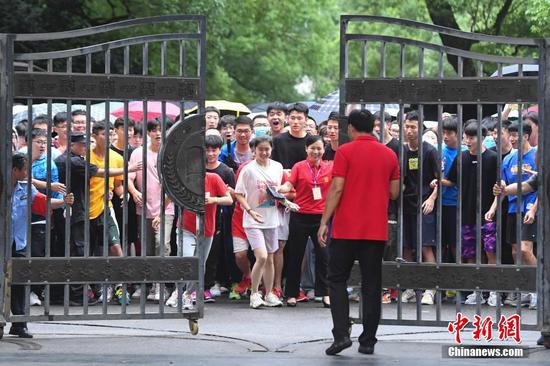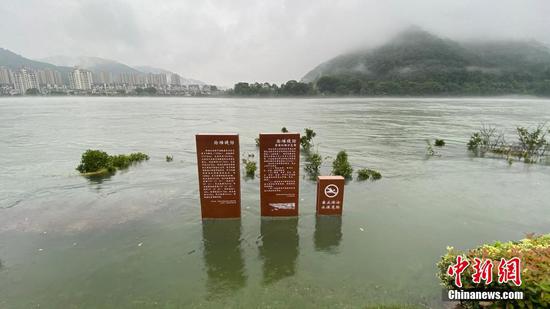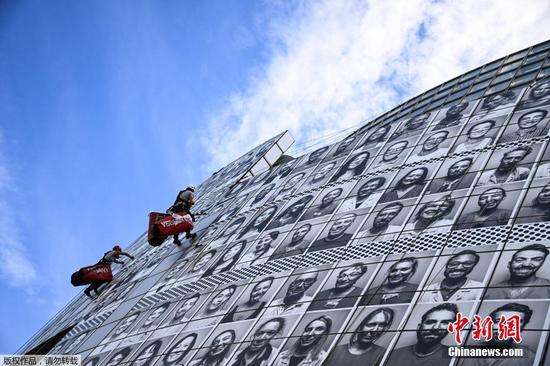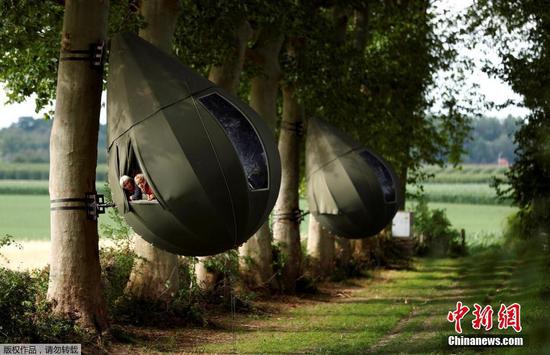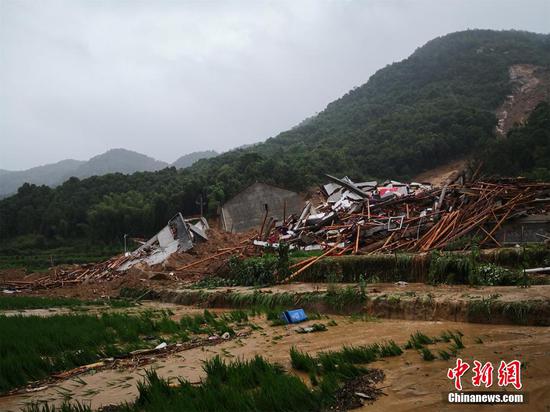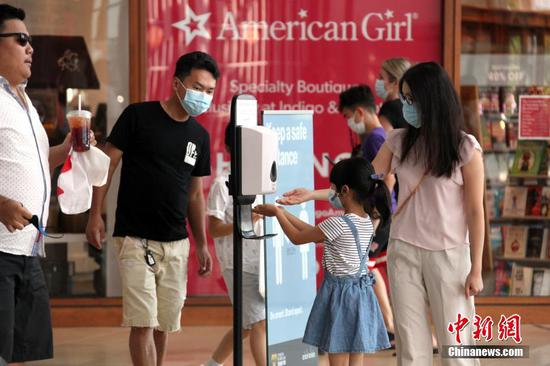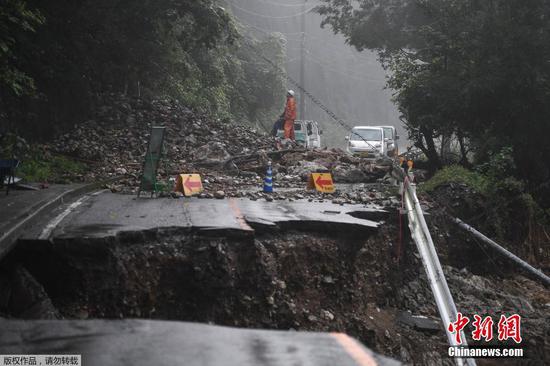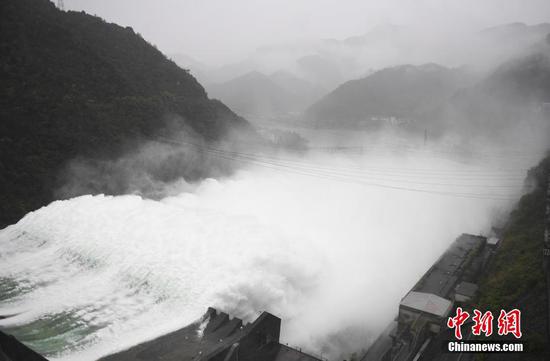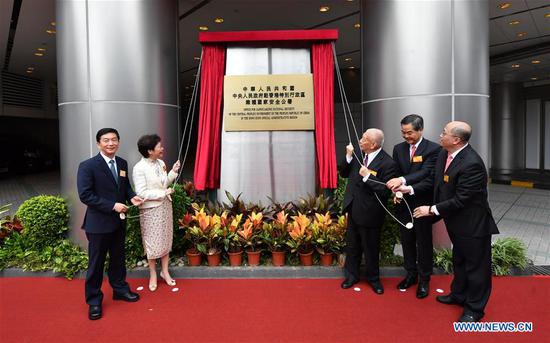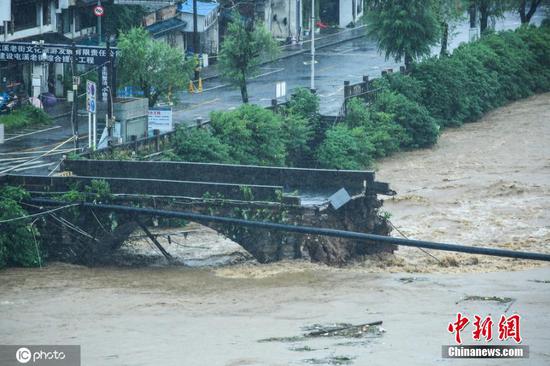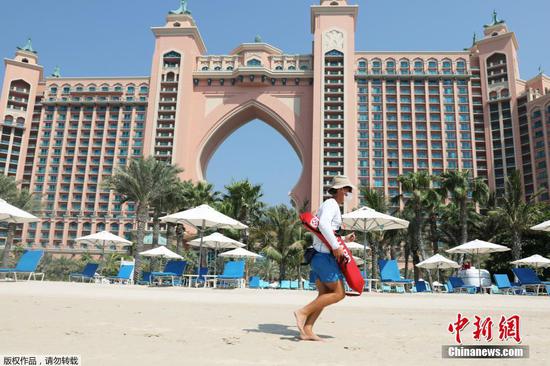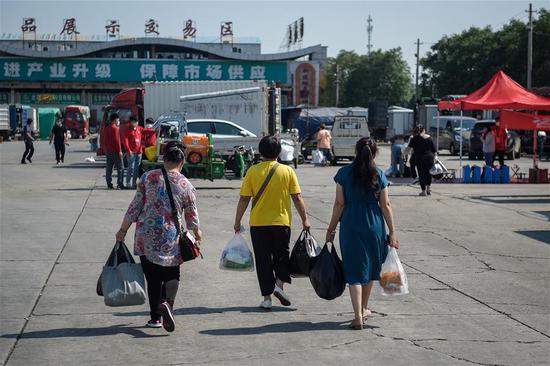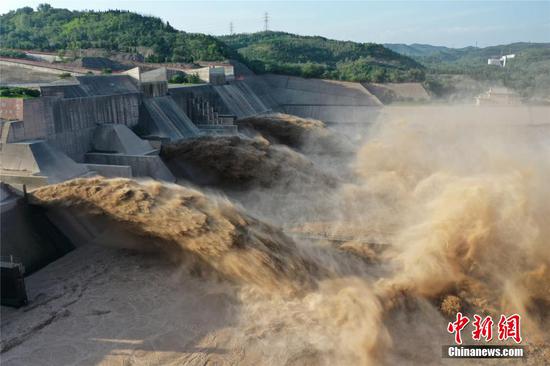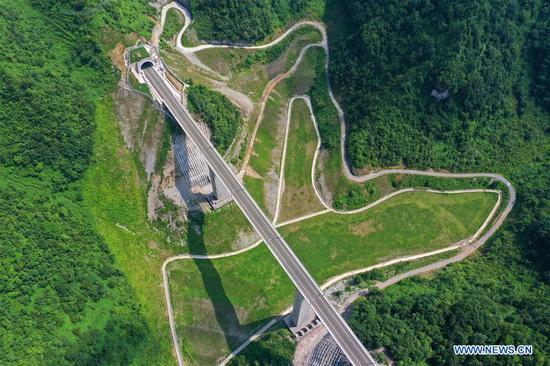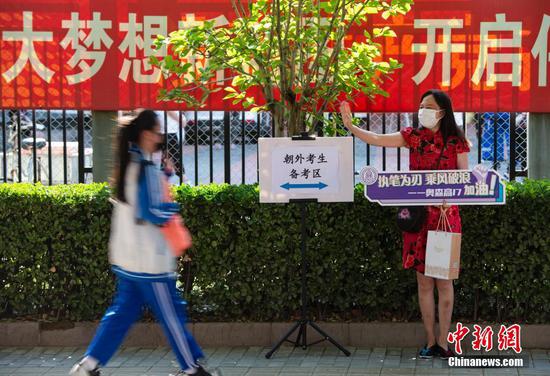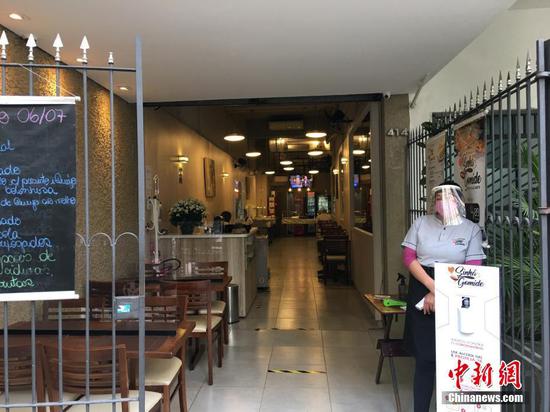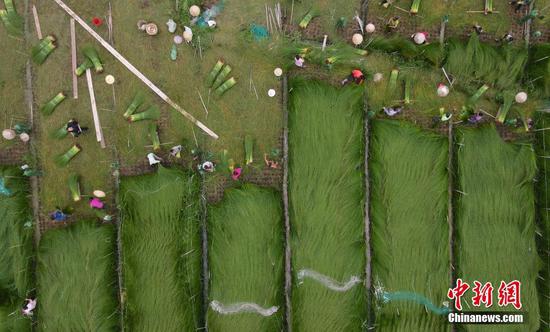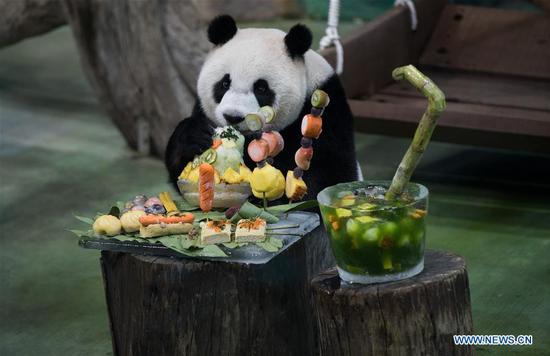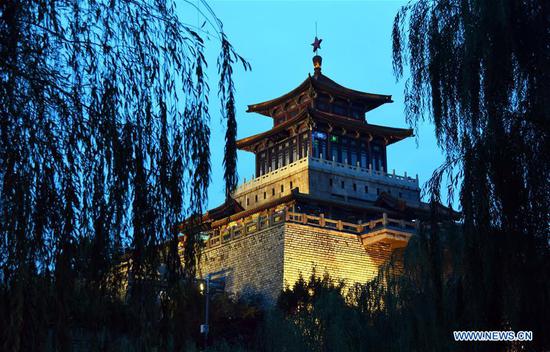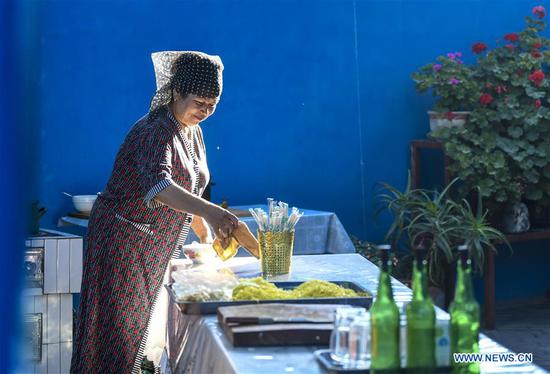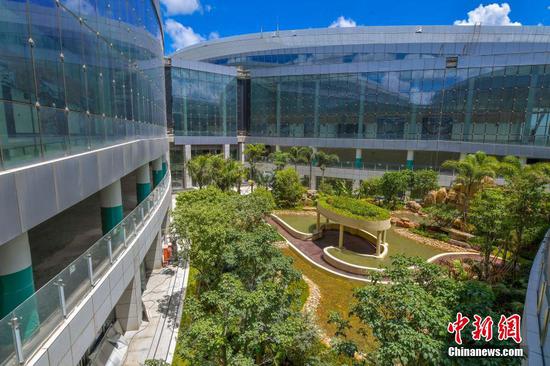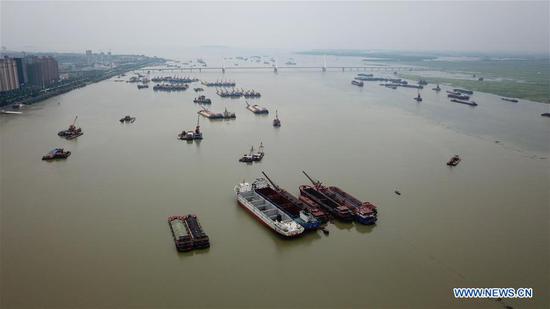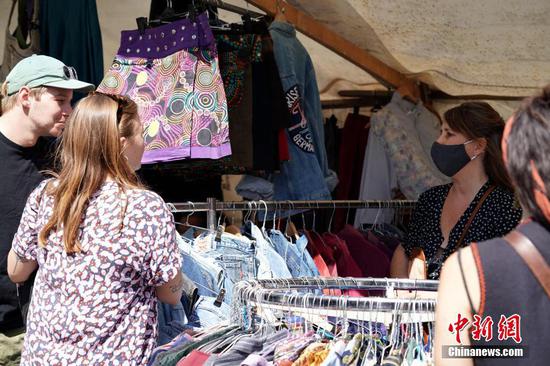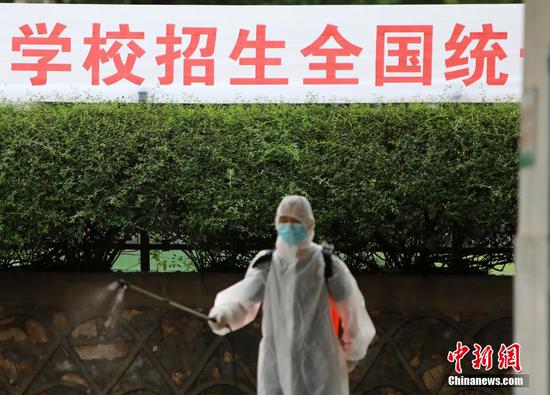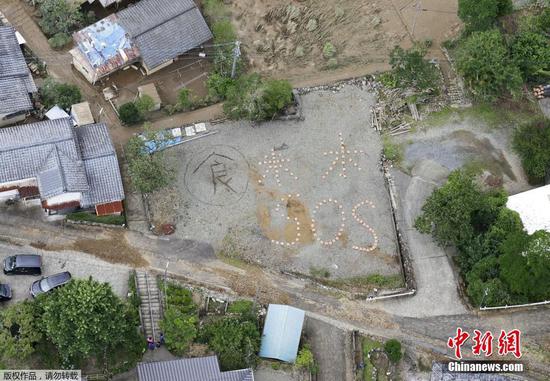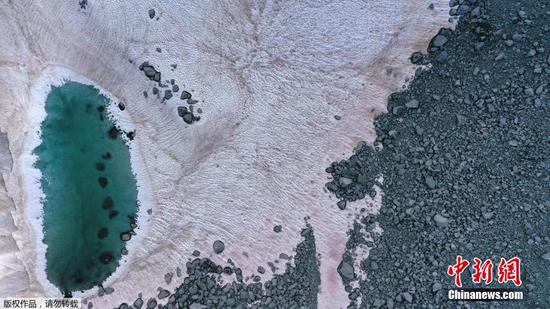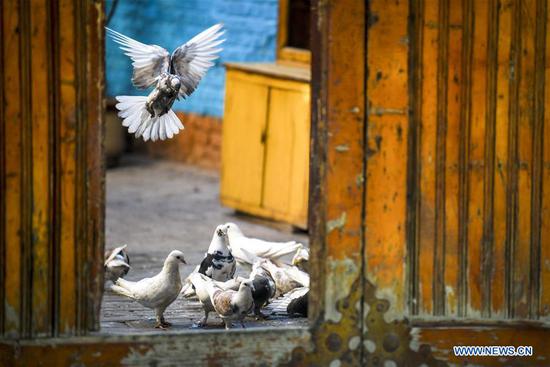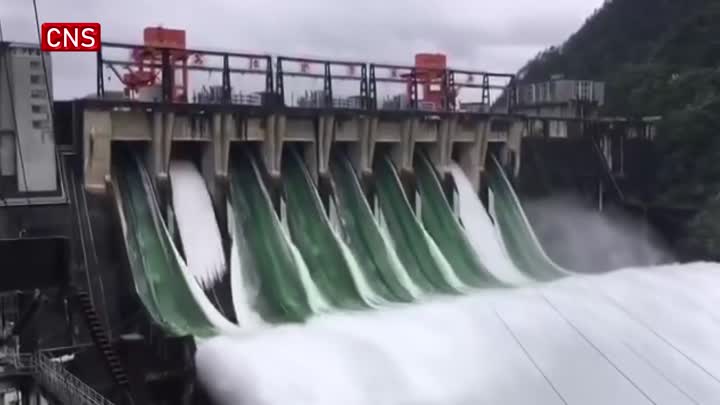The United Nations on Thursday launched a new mechanism that aims to speed up action so that people everywhere will have access to water and sanitation by the end of the decade, in line with the Sustainable Development Goals (SDGs).
The Global Acceleration Framework for SDG 6 addresses an issue which cuts across many areas of the UN's work. Developed by more than 30 UN entities and 40 international organizations, it outlines more efficient and coordinated support to countries to ensure global availability and sustainable management of water and sanitation for all.
"I am proud to see the launch of the Global Acceleration Framework in response to my call to mobilize for a Decade of Action to deliver the Sustainable Development Goals by 2030," said UN Secretary-General Antonio Guterres at the virtual launch.
Water is critical to deliver nearly all of the other 16 SDGs, the secretary-general said.
It also is essential for resilience to climate change, and underpins UN efforts in peace, security, human rights and development.
However, he said water supply globally faces the "twin threats" of increasing demand and withdrawals, and the degradation of water sources due to climate change, pollution and other factors.
Meanwhile, progress toward achieving SDG 6 is off track.
The UN estimates more than 2 billion people worldwide still do not have access to safely managed drinking water, while 4.2 billion lack safely managed sanitation.
"Progress on SDG 6 will face deepening challenges as our climate continues to change," the secretary-general warned.
"As we are sadly reminded, water and sanitation are also key to fighting the COVID-19 pandemic. Handwashing with soap is one of the most effective ways to limit the spread of COVID-19 and other infectious diseases."
As countries grapple with a "dangerous recession" brought on by the pandemic, the secretary-general emphasized the need for better global coordination to use resources in ways that are most efficient.
UN General Assembly President Tijjani Muhammad-Bande, who also addressed the virtual gathering, pointed out that water security is crucial for maintaining peace: at the local level but also between nations.
"Almost 60 percent of freshwater flows through over 250 water basins, distributed between 148 countries," Muhammad-Bande told participants.
"Given the fragmented distribution, the only way we can manage the global water resources efficiently is through multilateral cooperation. The goal to provide safe and affordable drinking water for all by 2030, will remain elusive without harmony and synergy in our actions and policies related to water."
Under the Global Acceleration Framework, UN entities will commit to strengthening their collaboration and unify the international community's support to countries, including through providing access to expertise and technical assistance.









